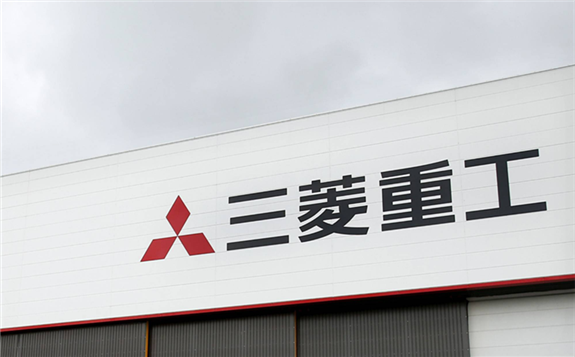The Japan Atomic Energy Agency (JAEA) and Mitsubishi Heavy Industries Ltd. will cooperate in a U.S. project to build a next-generation fast reactor, it has been learned.

They will sign a memorandum of understanding this month at the earliest with TerraPower, a U.S. atomic energy startup linked to Microsoft Corp. co-founder Bill Gates, and the U.S. Department of Energy.
Under the agreement, the two sides will consider mutual cooperation in the project, aiming to start operating the nuclear reactor in the U.S. state of Wyoming in 2028.
Nuclear energy is again drawing attention in Europe and the United States amid the trend of decarbonization, as nuclear plants do not emit carbon dioxide when generating electricity.
The U.S. side is seeking partners in Japan because full-scale development of a fast reactor has not taken place for many years in the United States.
With the technological cooperation, the United States apparently hopes to overtake China and Russia, and seize the initiative in the development of next-generation fast reactors.
The envisioned fast reactor, with an output capacity of 345,000 kilowatts, will use sodium as a coolant. The construction cost is expected to reach some $4 billion.
The Japanese government-affiliated JAEA operates the Monju prototype fast-breeder reactor in Tsuruga, Fukui Prefecture, and the Joyo experimental fast reactor in Oarai, Ibaraki Prefecture.
The Japanese parties are expected to provide reactor-design technologies and reactor-operation data. Safety tests may be conducted at a JAEA facility. The cooperation will also benefit Japan in terms of obtaining know-how and personnel training, sources said.
Japan’s industry and science ministries, which oversee the JAEA, will support preparations for the safety tests.
Fast reactors, which involve fast-moving neutrons in a fission reaction, produce heat more efficiently than the light-water reactors that are used widely.
Fast reactors use sodium, a highly reactive metal that is hard to handle. In 1995, a sodium leak caused a fire at Monju, which is now in the decommissioning and dismantling process.